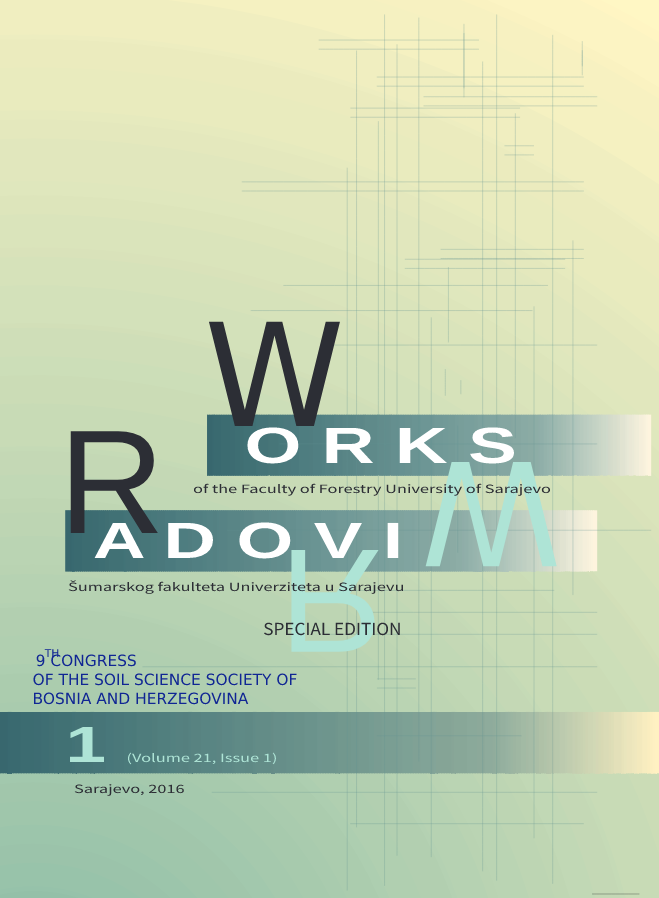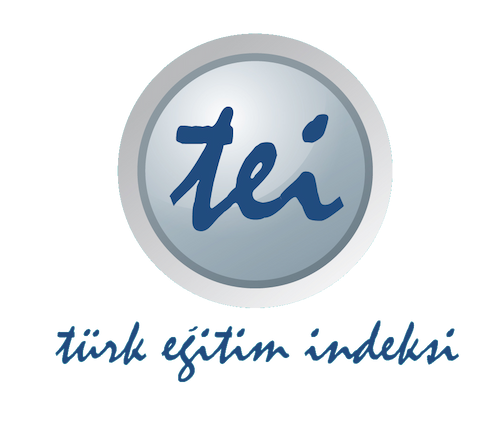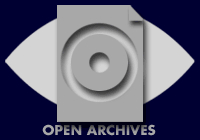EUROPEAN LAND QUALITY AS A FOUNDATION FOR THE SUSTAINABLE INTENSIFICATION OF AGRICULTURE
DOI:
https://doi.org/10.54652/rsf.2016.v1.i1.279Ključne riječi:
arable land, agricultural intensification, sustainability, soil and land indicators, soil resilience, soil performance, EuropeSažetak
UDK 631.41(4)
Based on 3 large European sets of soil and land data 6 land indicators for soil resilience and soil performance were chosen for defining land and soil surfaces in Europe, on which sustainable agricultural production can be achieved and under which conditions. In this context, also desintensification on specific areas was proposed in order to achieve sustainability and environmentally safe conditions. On this basis data for arable land in 25 states of the EU 28 could be established, indicating that on 41% of the arable land a sustainable intensification is possible, on 4% extensification is needed, and on the remaining 55% no intensification is possible or only with restrictions.
Downloads
References
Alexandratos, N. and Bruinsma, J. (2012). World agriculture towards 2030/2050: the 2012 revision. ESA Working paper No. 12-03. Rome, FAO.
Blum, W.E.H. and Eswaran, H. (2004). Soils for Sustaining Global Food Production.
Journal of Food Science 69-2, 37-42.
Blum, W.E.H. (2005). Functions of Soil for Society and the Environment. Reviews in Environmental Science and Bio/Technology 4, 75-79.
Godfray, H.C.J., Beddington, J.R., Crute, I.R., Haddad, L., Lawrence, D., Muir, J.F., Pretty, J., Robinson, S., Thomas, S.M., Toulmin, C. (2010). Food Security: The Challenge of Feeding 9 Billion People. Science 327, 812–818.
Pretty, J. (2008). Agricultural sustainability: concepts, principles and evidence. Philos.
Trans. R. Soc. B Biol. Sci. 363, 447–465.
Ray, D.K., Mueller, N.D., West, P.C., Foley, J.A. (2013). Yield Trends are insufficient to Double Global Crop Production by 2050. PLoS ONE 8, e66428.
RISE(2014). The sustainable intensification of European agriculture, pp. 57-62. The RISE Foundation Brussels, www.risefoundation.eu.
The Royal Society (London) (2009). Reaping the benefits science and the sustainable intensification of global agriculture. The Royal Society, London.
Tilman, D., Cassman, K.G., Matson, P.A., Naylor, R., Polasky, S. (2002). Agricultural sustainability and intensive production practices. Nature 418, 671–677.























